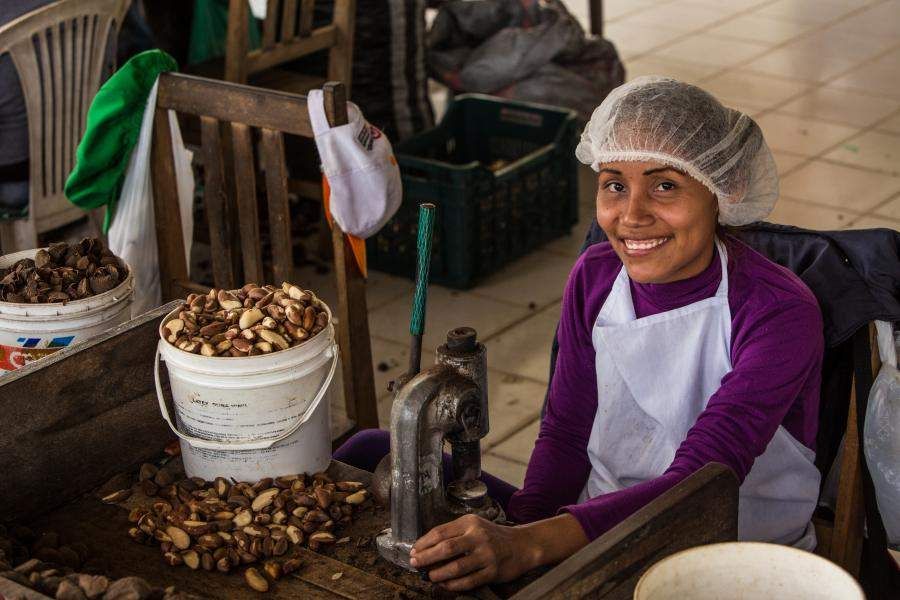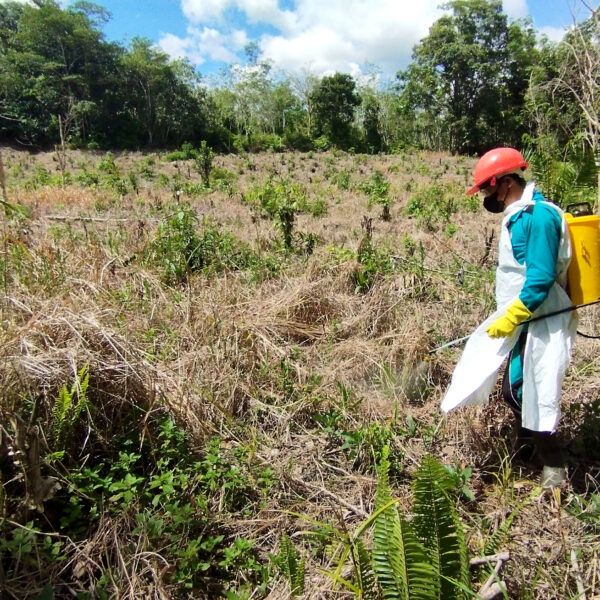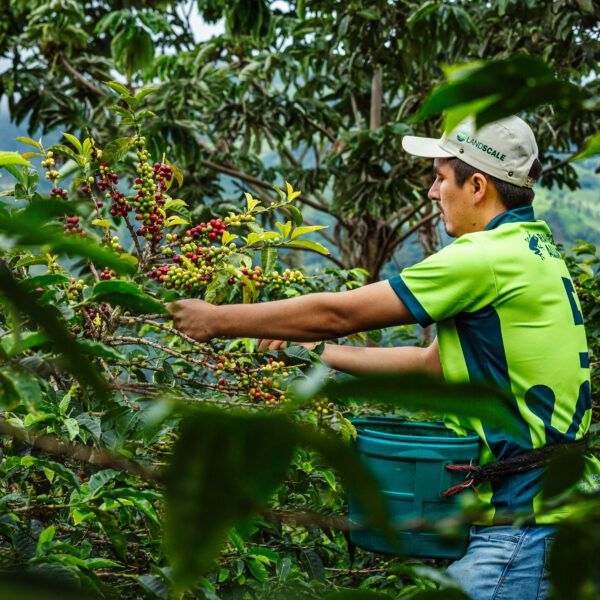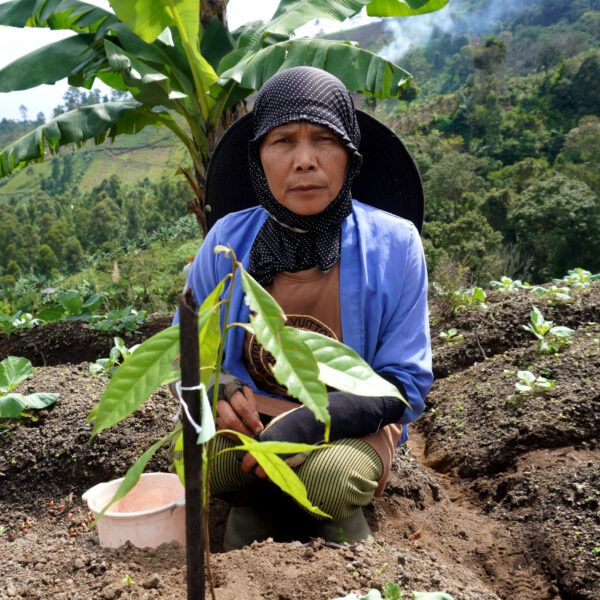Over the last two decades, countries across the tropics have devolved increasing authority over natural forests to local actors. The ability of those actors to manage forests sustainably and make forestry a competitive land-use choice has therefore taken on a growing importance.
In Latin America, where community forestry is relatively advanced in comparison to other regions, small and medium sized forest enterprises (SMEs) still face a host of barriers to increasing their competitiveness and maximizing the benefits of sustainable forest management. These include limited access to finance to make their business viable in the long-term, limited market access, low or no value added in the production chain, no diversification of production, poor organization and capacity of cooperatives, weak technical skills, and lack of legally-recognized land tenure and/or the technically capacity to implement these plans.
Location
Guatemala, Honduras, Mexico, Nicaragua, Peru
Project Objectives
- Foster improved standards of living and increased purchasing power for communities and individuals through sustainable, certified forest management.
- Significant growth in the adoption of sustainable management practices by community and indigenous operations, leading to increased standard of living and purchasing power for individuals at the base of the economic pyramid.
- Strengthened marketing linkages for SMEs and increased investments in communities achieving sustainability.
- Improved access to certification and improved competitiveness of community and indigenous forest operations.
Partner communities
Hundreds of community forest enterprises, small and medium enterprises, and second tier organizations in all five countries. In addition, we supported the local and national governments to improve their capacity to serve these enterprises.
Project Results
- Supported hundreds of community forests, SMEs, and second-tier organizations.
- More than 1,500,000 ha of forestlands gained Forest Stewardship Council (FSC) certification, or are in process of achieving certification.
- Ninety communities are managing forests certified to FSC standards or improved forest management.
- Trained 453 auditors and other technical service providers in the FSC standards.
- Facilitated $9,100,000 to support enterprise development.
- Created 23 new market linkages for forest products (lesser-known species, value-added products, NTFPs, with market penetration).
- Facilitated more than $27,800,000 USD in sales of forest products.
- Signed 59 agreements with responsible buyers in domestic and international markets.
- Sixty-four community forest enterprises are applying the project system for continual monitoring of competitiveness indicators.
- Developed six institutional agreements with participating governments to enhance public policies to promote sustainable forest management.

Partner Organizations
Key stakeholders ranged from government agencies, to production associations, buyers, and forestry communities:
- México: TIP Muebles, Comisión Nacional Forestal (CONAFOR), and the ejidos.
- Guatemala: Empresa Comunitaria de Servicios del Bosque (FORESCOM), Asociación de Comunidades Forestales de Petén (ACOFOP), la Federación de Cooperativas de las Verapaces (FEDECOVERA), Asociación Guatemalteca de Exportadores (AGEXPORT), BANRURAL, Consejo Nacional de Áreas Protegidas (CONAP), Fundación Naturaleza para la Vida (NPV), Instituto Nacional de Bosques (INAB) and Financiera de Occidente (FIDOSA).
- Honduras: Instituto de Conservación Forestal (ICF), Cooperativa Regional Maderas Equitativas de Honduras Limitada (CORAMEHL), Unión de cooperativas Agroforestales de la Biosfera del Rio Plátano (UNICAF), GIZ.
- Nicaragua: The Forest Service, Certification Council, furniture-makers council, Awas Tingy, DUSA, El Naranjal, Jagwood.
- Peru: Ministerio del Ambiente (MINAM), Servicio Nacional Forestal y de Fauna Silvestre (SERFOR), Gobierno Regional de Madre de Dios (GOREMAD), CANDOR AGS, Comercio Alternativo de Productos No Tradicionales y Desarrollo para Latino América (CANDELA), Federación Nativa del Río Madre de Dios y Afluentes (FENAMAD), and Asociacion Forestal Indigena Madre de Dios (AFIMAD).
Funders
- United States Agency for International Development (USAID)
- Avery Denison Foundation
- Richardson Foundation
- Toward Sustainability
Rainforest Alliance Contact
Ben Hodgdon, bhodgdon@ra.org





